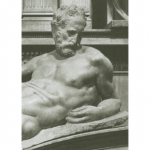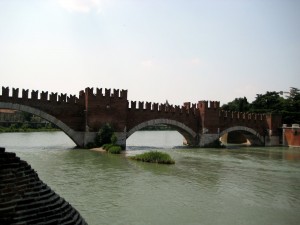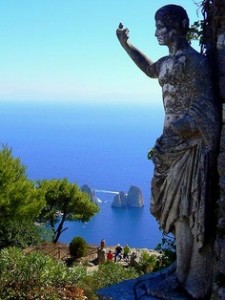Poetry in translation, (CCLXX): Charles BAUDELAIRE (1821 -1867), FRANCE: “Le chat”, “Il gatto”, “Felina”
Le Chat
Charles Baudelaire (1821 -1867)
Viens, mon beau chat, sur mon coeur amoureux;
Retiens les griffes de ta patte,
Et laisse-moi plonger dans tes beaux yeux,
Mêlés de métal et d’agate.
Lorsque mes doigts caressent à loisir
Ta tête et ton dos élastique,
Et que ma main s’enivre du plaisir
De palper ton corps électrique,
Je vois ma femme en esprit. Son regard,
Comme le tien, aimable bête
Profond et froid, coupe et fend comme un dard,
Et, des pieds jusques à la tête,
Un air subtil, un dangereux parfum
Nagent autour de son corps brun.
Il gatto
Charles Baudelaire (1821 -1867)
Vieni, mio bel gatto, sul mio cuore innamorato;
trattieni le unghie della zampa,
e lasciami sprofondare nei tuoi begli occhi striati
di metallo e d’agata.
Quando le dita indugiano ad accarezzare
la tua testa e il dorso elastico
e la mano s’inebria del piacere di palpare
il tuo corpo elettrico,
vedo la mia donna in spirito.
Il suo sguardo come il tuo, amabile bestia,
profondo e freddo, taglia e fende come un dardo,
e, dai piedi fino alla testa,
un’aria sottile, un minaccioso profumo
circolano attorno al suo corpo bruno.
Felina
Charles Baudelaire (1821 -1867)
La piept să-mi vii, felina mea splendidă:
Retrage-ţi ghiarele, când eşti la mine-n pat;
Privirea să îmi scalzi în faţa ta candidă –
Oglindă de oţel şi de agat.
Când visurile mele efemere,
Exploră corpul tău catifelat
Îmi simt în piept fiorul de plăcere
Cu trupul tău să mă fi îmbătat.
Icoana din trecut când îmi revine
Reflectă faţa ta domesticită,
Ca să îmi lase sufletu-n ruine…
Din cap până-n picior împodobită,
Un aer pur şi un parfum divin
Învăluie profilul tău de crin.
Rendered in Romanian by Constantin ROMAN, London,
© 2014 Copyright Constantin ROMAN
Short Note: Two editions of ‘Fleurs du mal’ were published in Baudelaire’s lifetime — one in 1857 and an expanded edition in 1861. ‘Scraps’ and censored poems were collected in ‘Les Épaves’ in 1866. After Baudelaire died the following year, a ‘definitive’ edition appeared in 1868.






















